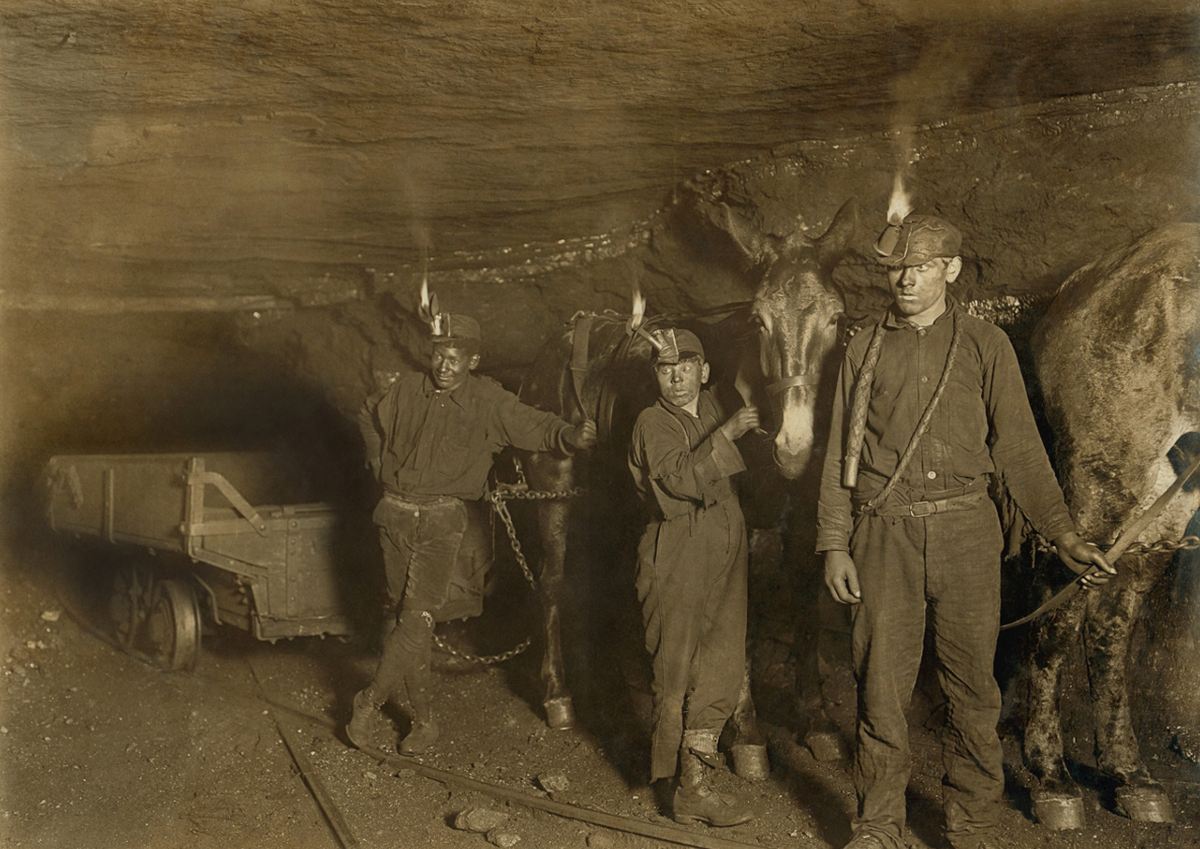What Issue with the Dunham Rule Effects the Landman and Title Curative?
Every petroleum landman should be familiar with the Dunham Rule. In not-so-distant past, petroleum landmen from Oklahoma and Texas found themselves working in the state of Pennsylvania in the Marcellus Shale (natural gas). The situation arose in reading a conveyance of land deed where there was a “mineral reservation” and not understanding what was actually being reserved and then how it could affect the validity of an oil and gas lease.
For example, if the oil and gas lease was titled, “Oil and Gas Lease” what did the lease cover? If the conveyance of property deed (Warranty Deed) associated with the minerals in the lease did not state what specific minerals were being reserved, it could cause a breach in the mineral chain of title thus eventually causing a problem with the legitimacy of the oil and gas lease. The Dunham Rule requires that, for an interest in oil and gas rights to be reserved in a deed, the term "natural gas" must be specified in the reservation. At issue in the case was whether a reservation of "minerals" in an 1882 deed included Marcellus Shale gas.
Under the Dunham Rule, conveyance of land where there is a reservation or an exception of “minerals” without any specific mention of natural gas or oil, then the word “minerals” was not intended by the parties to include natural gas or oil. Even though the reservation was not clear, it is reasonable that this may be rebutted by a challenge through clear and convincing evidence that the intent of the parties at the time of the conveyance was to include natural gas and/or oil.
In simple application, if the landman reading a Warranty Deed where the ‘minerals” are reserved, under the Dunham Rule, if the reservation did not specifically state, “all oil and gas” then the potential problem arises whether a valid lease can be taken.
- In Oklahoma the term “Mineral” means oil, natural gas and other minerals of similar type or character that may be produced or associated with the oil or natural gas, regardless of whether title to, or ownership of, the minerals is severed from the fee simple or absolute fee as defined by Section 23 of Title 60 of the Oklahoma Statutes; 3.
- In Texas the term "Mineral" means oil, gas, uranium, sulphur, lignite, coal, and any other substance that is ordinarily and naturally considered a mineral in this state, regardless of the depth at which the oil, gas, uranium, sulphur, lignite, coal, or other substance is found.
- In Pennsylvania the term “mineral” includes only metallic substances is known as Dunham’s Rule and is derived from the 1882 decision of the Pennsylvania Supreme Court in Dunham v. Kirkpatrick, 101 Pa. 36 (Pa. 1882).
A cautionary tale that can be related to the Dunham Rule is the reservation of coal rights in states like New Mexico, Oklahoma, and Texas. The landman chaining the mineral title should be aware of that language regarding the reservation of coal rights and what is restricted. It can be likened to the Marcellus Shale in that the lessee is presumed to be able to produce the gas imbedded in the coal.
To learn more about oil and gas contracts and agreements and the petroleum landman’s role, visit our website atwww.InstituteOfEnergyManagement.com. View our course catalog and click on Title Curative Necessities.

